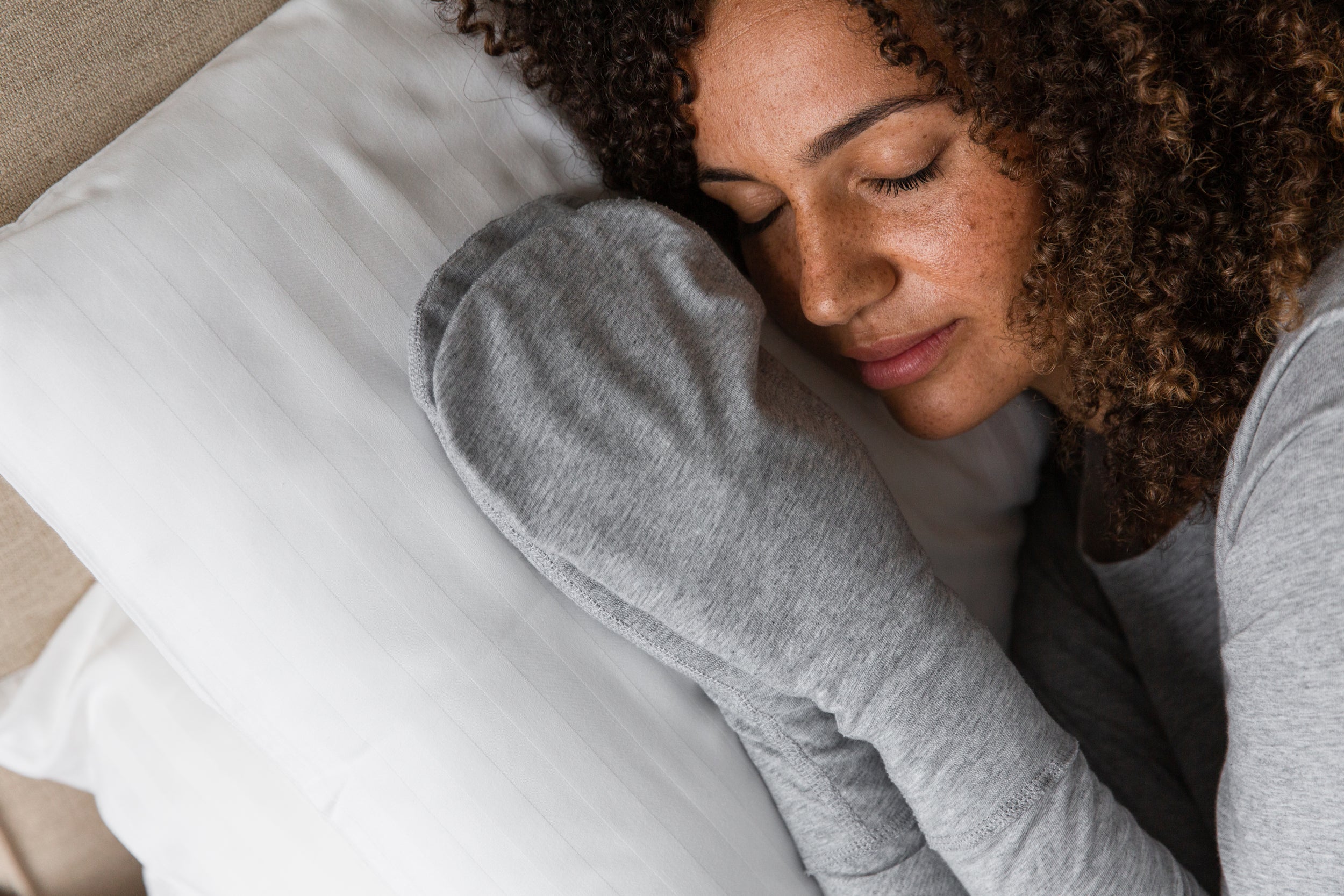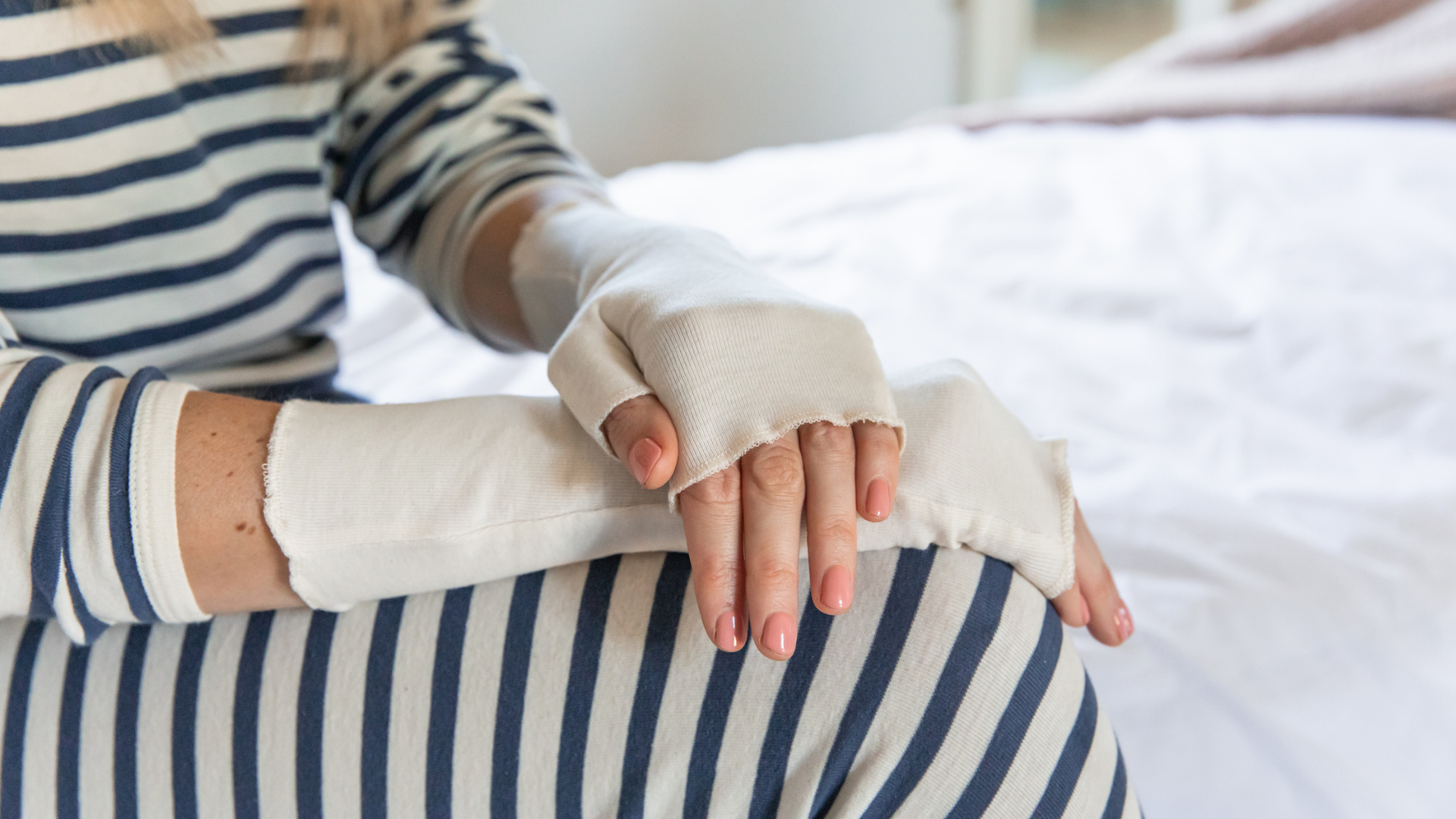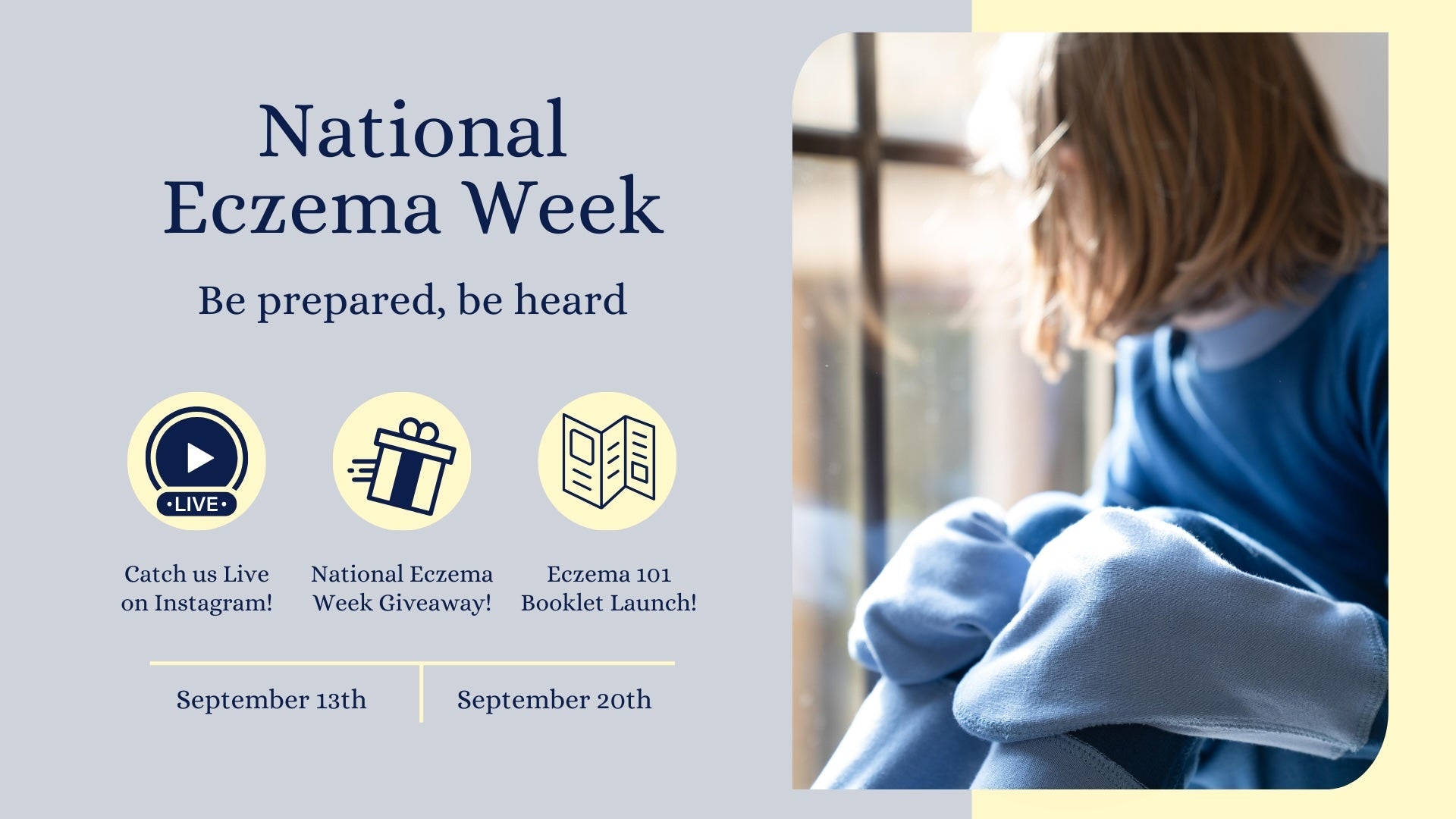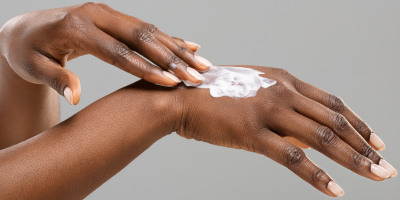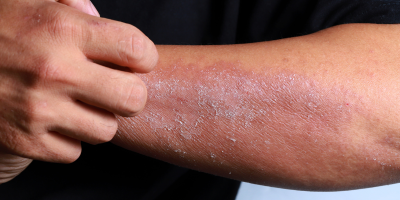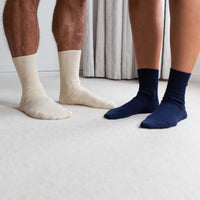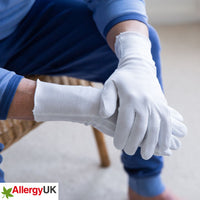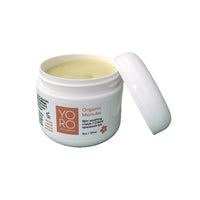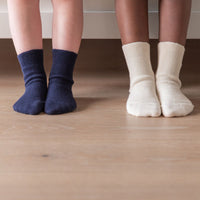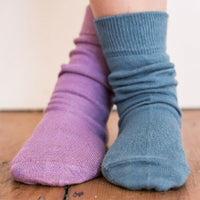By Ruth Holroyd (allergy and eczema warrior)
You’ve no doubt struggled with insomnia at some point in your life and you’ve probably also read loads of tips, hints and tricks for achieving a better night’s kip. Things like disconnecting from gadgets early, reading, melatonin, CBD, sleep tea, no caffeine; the list of things to try and integrate into your daily routine is endless.
It can become like a full time job trying to incorporate everything recommended, cost you a fortune and you still might be struggling to get enough zzzzs.
If you’re going down a rabbit hole trying to work out how to sleep better, perhaps stepping back, letting go and accepting some of what’s happening could bring relief, and in turn relaxation, rest and even that elusive sleep.
As we age we need less sleep and our sleep patterns change – so what might have been ‘right’ for you in the past might not be now. Perhaps we’ll never achieve the deep impenetrable sleep of our youth – and maybe that’s OK!
So here are a few ways that you could start to change your sleep habits without so much stress, effort and judgement.
Rest and Relax – Rest doesn’t only happen when you sleep; resting can involve all the things you do to recharge, and this differs from person to person. It could be anything from a long relaxing bath, reading a book, doing some art, a meditation, yoga etc. Making time for these things in your day every day can really help you relax and you may then either sleep better or not need as much sleep. So don’t just focus on sleep, consider what you can do in the daytime to provide some of that relaxation and restoration.

Reframe your thoughts before bed - Go to bed telling yourself you will sleep and feel rested in the morning. Sounds cheesy, but what we regularly think can become who we are. So, if you are constantly expecting poor sleep it might just add to the problem. Fake it till you make it sleepy baby! Tell yourself, ‘I will sleep OK tonight and wake up rested’. It will certainly help you feel calmer about the situation.
Acceptance – let go of all your preconceived ideas of how much sleep you should be getting and when. Try to go to bed with grace, no judgement and no expectations. It’s OK if you wake up, it’s ok if you’re itchy and it’s OK if you haven’t stuck to all the clean sleep hygiene hacks out there. You don’t have to like it, but letting go of the anger, annoyance, disappointment and feelings of being broken is far kinder. And if reading or scrolling tiktoks at 3am helps distract you just do it. It’s OK. It’s not such a heinous crime!
Grab sleep and rest where you can – If sleeping at night time is really proving illusive, could you incorporate the odd afternoon nap? And if you find you are in a deep sleep between the hours of 6 and 9am, and getting up is a daily struggle, perhaps you can shift your working day to allow yourself to make the most of that good sleep. Particularly whilst going through TSW, I think some kind of deep healing goes on that seems to prevent sleep and it's so hard to live with but I realised I could sleep when I felt sleepy instead of trying to fit into the normal sleep times, as I often just couldn’t sleep well till 5 or 6am.
Be prepared – Finally, and possibly the most important, are those simple things you can do in preparation for sleep. If you can get into effortless preparation for sleep you’ll avoid lots of those interruptions and be ready for night time irritations. For instance,
- Bedding - should be changed often and choose 100% organic cotton or bamboo bed linen as it’s cooler and kinder on the skin.
- Nightwear - make sure you have quality nightwear, ideally made from soft organic cotton with no scratchy labels and designed for people with itchy or sensitive skin. Try nightwear with integral mittens to protect and reduce damage from involuntary scratching or if these are too hot try using bandages / tubular bandages on the worst areas and wear cotton gloves and sleeves to reduce itching and minimise damage.
- Cool calm room - your bedroom should be a calm, tidy and tranquil place. Avoid working in your bed, remove clutter, keep clean and dusted and ventilate well. A cool bedroom is much better for sleep.
- Water & ice - have water by the bed as well as any other comfort items like ice packs. If you really overheat pop an ice box by the bed each night with a few ice packs that you can reach for if you need them. Keep a fan handy and a hankie or scarf to mop any sweat etc. If these things are close by you’ll easily avoid disturbing yourself too much and have a better chance of dropping back off the sleep.
- Moisturise well before bed and have moisturiser handy nearby for those night time itches.
If you can get into healthy habits for preparing to sleep and make them just part of your day, like cleaning your teeth, instead of seeing them as chores, this will really help. You’re not alone if you’re struggling with sleep, so don’t beat yourself up.
We hope some of these suggestions give you something to think about and hopefully help you find some ways to improve your sleep and rest. Healing and regeneration happen when you sleep, so a good night sleep can have a very positive impact on the health of your skin.
Do take a look at the nightwear from Eczema Clothing – their in-house brand Cotton Comfort was created solely for the purpose of helping kids and adults with eczema to get a better night’s sleep!
For kids PJs and Scratch Mitten T's click here. For adults, click here.
Lastly, the average human spends approximately 26 years of their life asleep and many factors can affect sleep quality. Check out the Sleep Foundation website here to find out more.
We’d love to hear what helps you sleep, what are your best sleep hacks?

